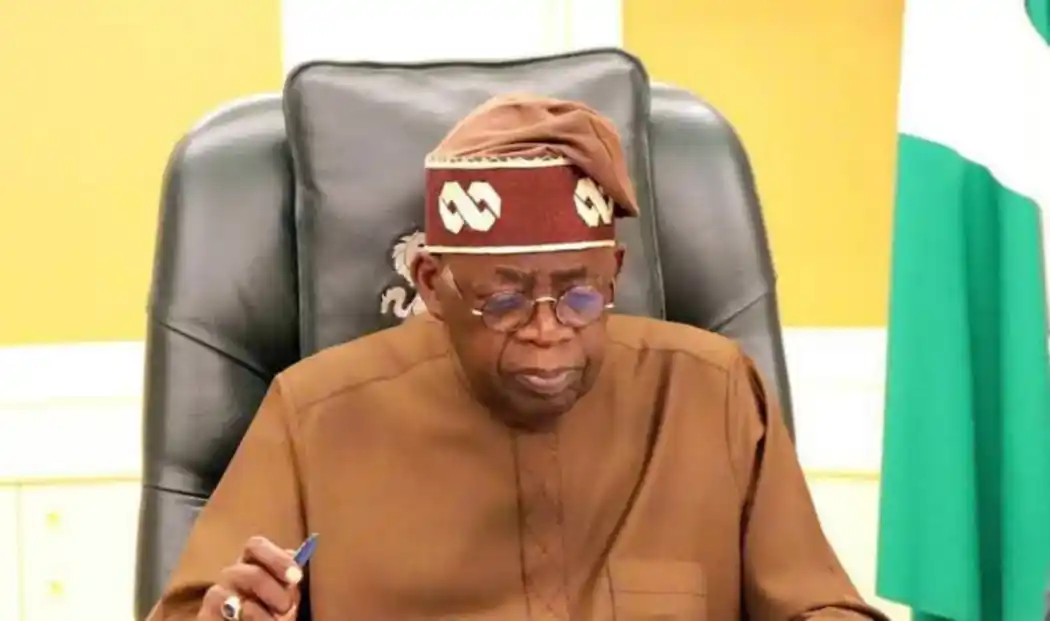President Bola Ahmed Tinubu has signed into law the Nigerian Insurance Industry Reform Bill, 2025, marking a significant step in transforming the country’s insurance sector and advancing Nigeria’s journey toward a $1 trillion economy.
The new legislation, officially named the Nigerian Insurance Industry Reform Act (NIIRA) 2025, repeals outdated insurance laws and merges them into a single, modern framework. It provides comprehensive regulation and supervision of all insurance and reinsurance activities nationwide.
In a statement on Tuesday, the Special Adviser to the President on Information and Strategy, Bayo Onanuga, described the law as a crucial element of President Tinubu’s Renewed Hope Agenda aimed at reforming the financial sector.
“This development reaffirms the administration’s commitment to financial stability, economic development, and inclusive growth,” the statement read.
The NIIRA 2025 is set to bring greater transparency, innovation, and global competitiveness to Nigeria’s insurance market. The reforms are expected to strengthen investor confidence, protect policyholders, and broaden the industry’s reach.
Provisions in the Act include stricter capital requirements for insurance companies to ensure financial soundness, enforcement of compulsory insurance policies to enhance consumer protection, and the digitisation of the insurance sector to improve accessibility and operational efficiency.
The Act also expands Nigeria’s role in regional insurance initiatives such as the ECOWAS Brown Card System, which facilitates cross-border vehicle insurance coverage within West Africa.
The National Insurance Commission (NAICOM) has been assigned the responsibility of implementing and enforcing the Act’s provisions. NAICOM is expected to lead reforms that will raise insurance penetration, boost industry performance, and create fresh opportunities for investors.
With the NIIRA 2025 now in place, Nigeria aims to position itself as a leading insurance hub on the continent. The reforms are projected to stimulate industry growth, generate employment, and support the broader target of building a $1 trillion economy.
President Tinubu’s approval of the bill is part of a wider strategy to modernise the country’s financial system and promote inclusive economic development through stronger regulatory policies.

